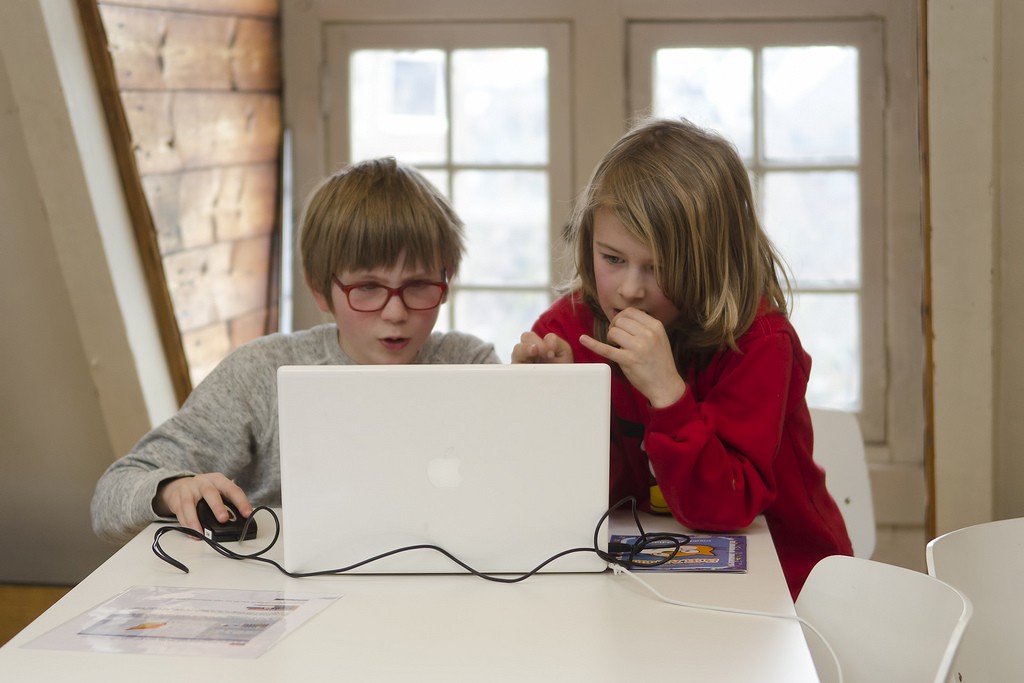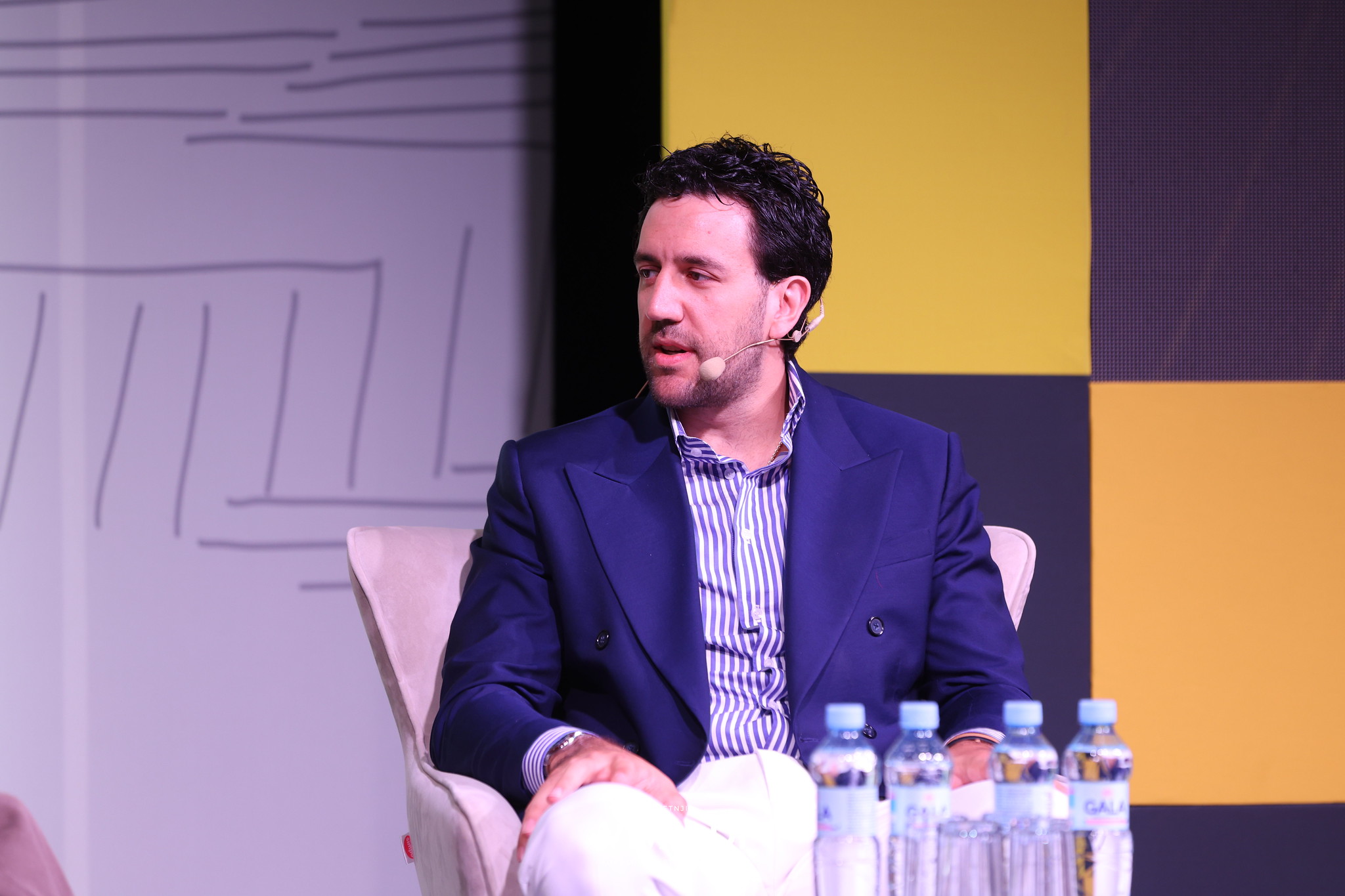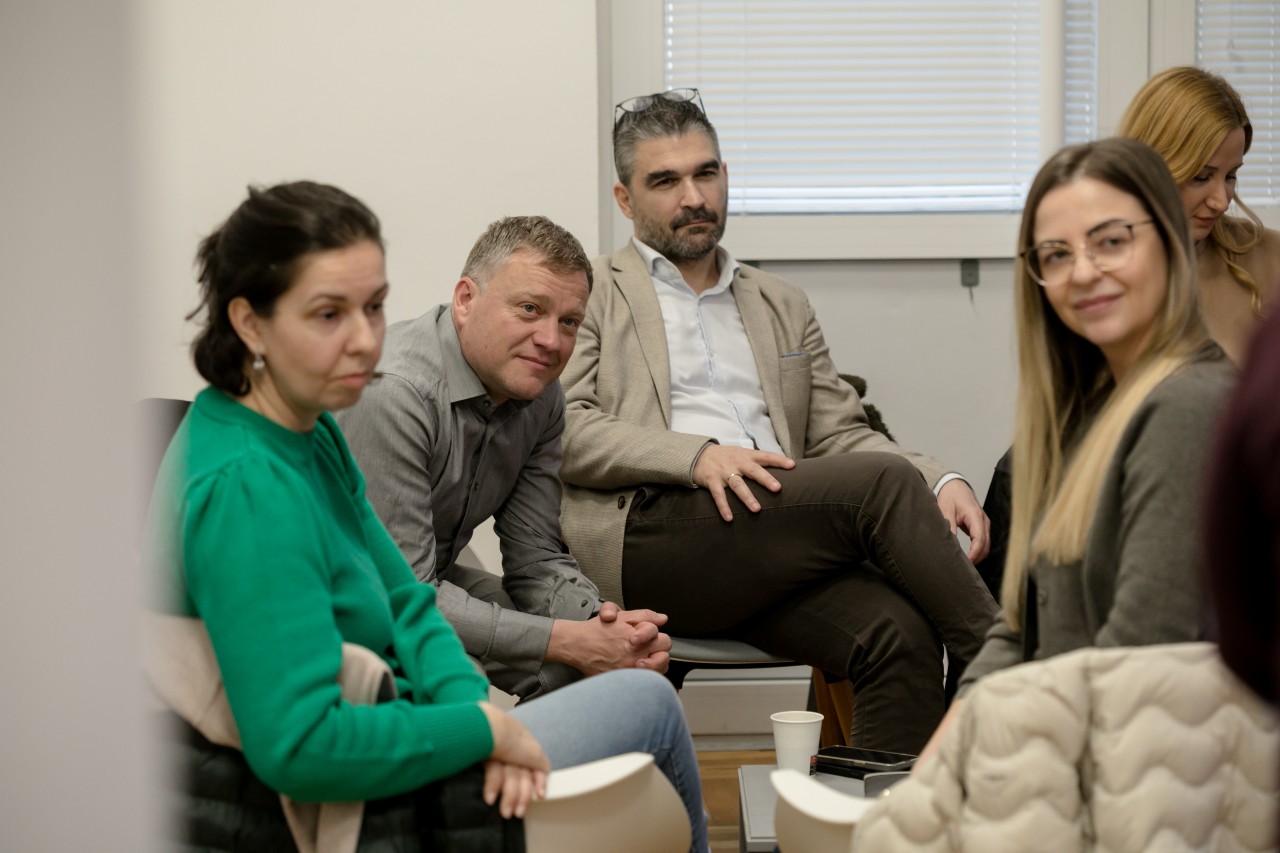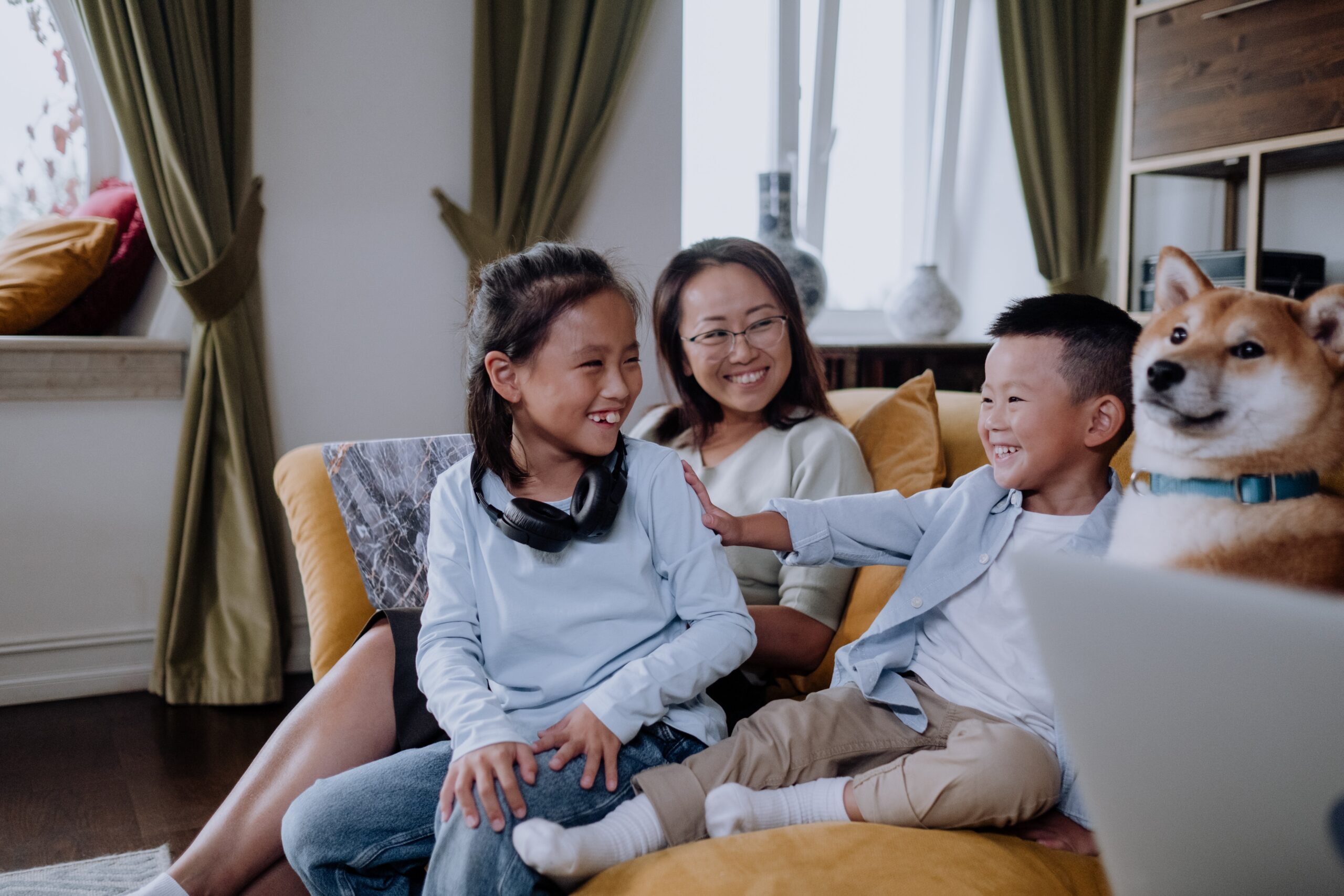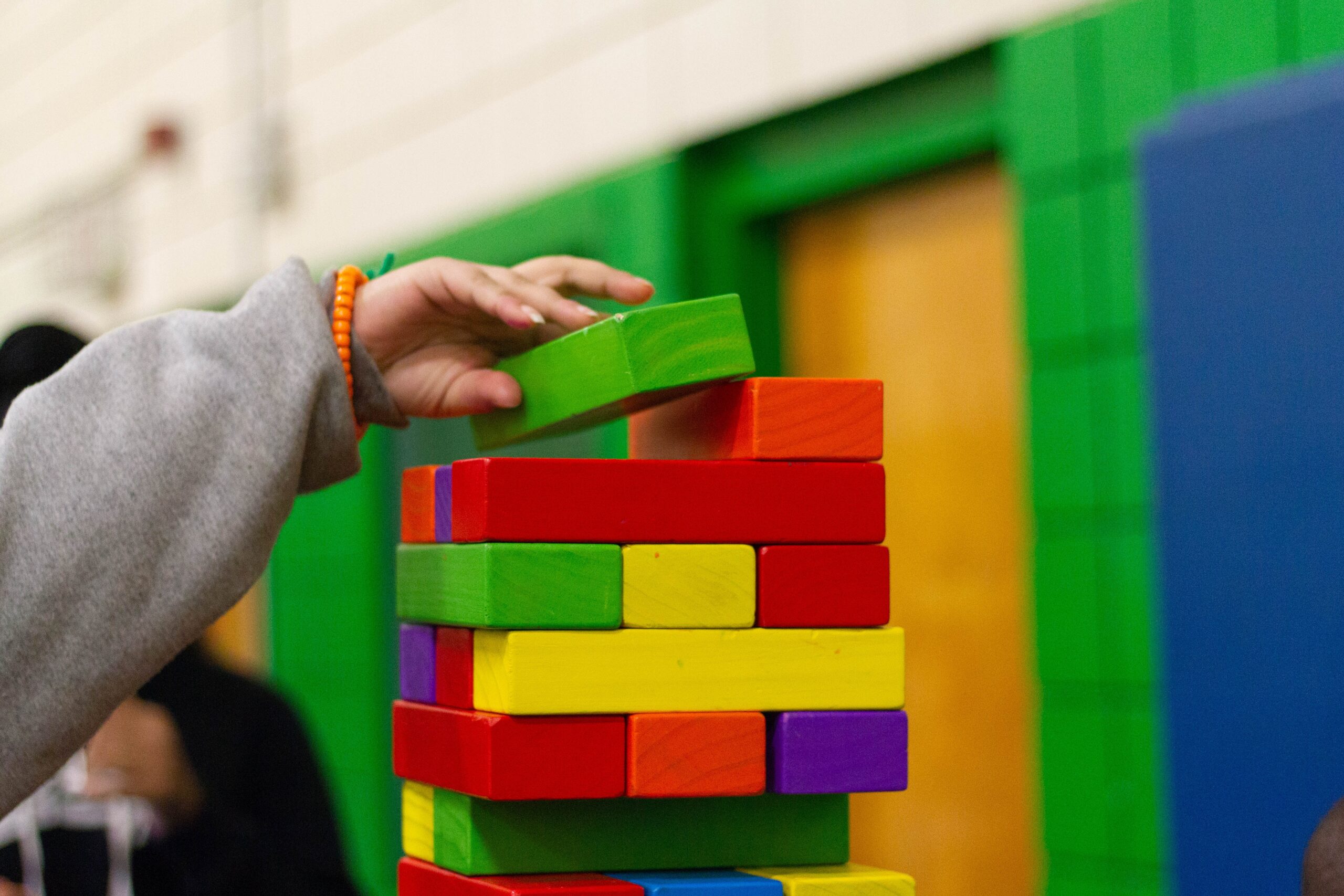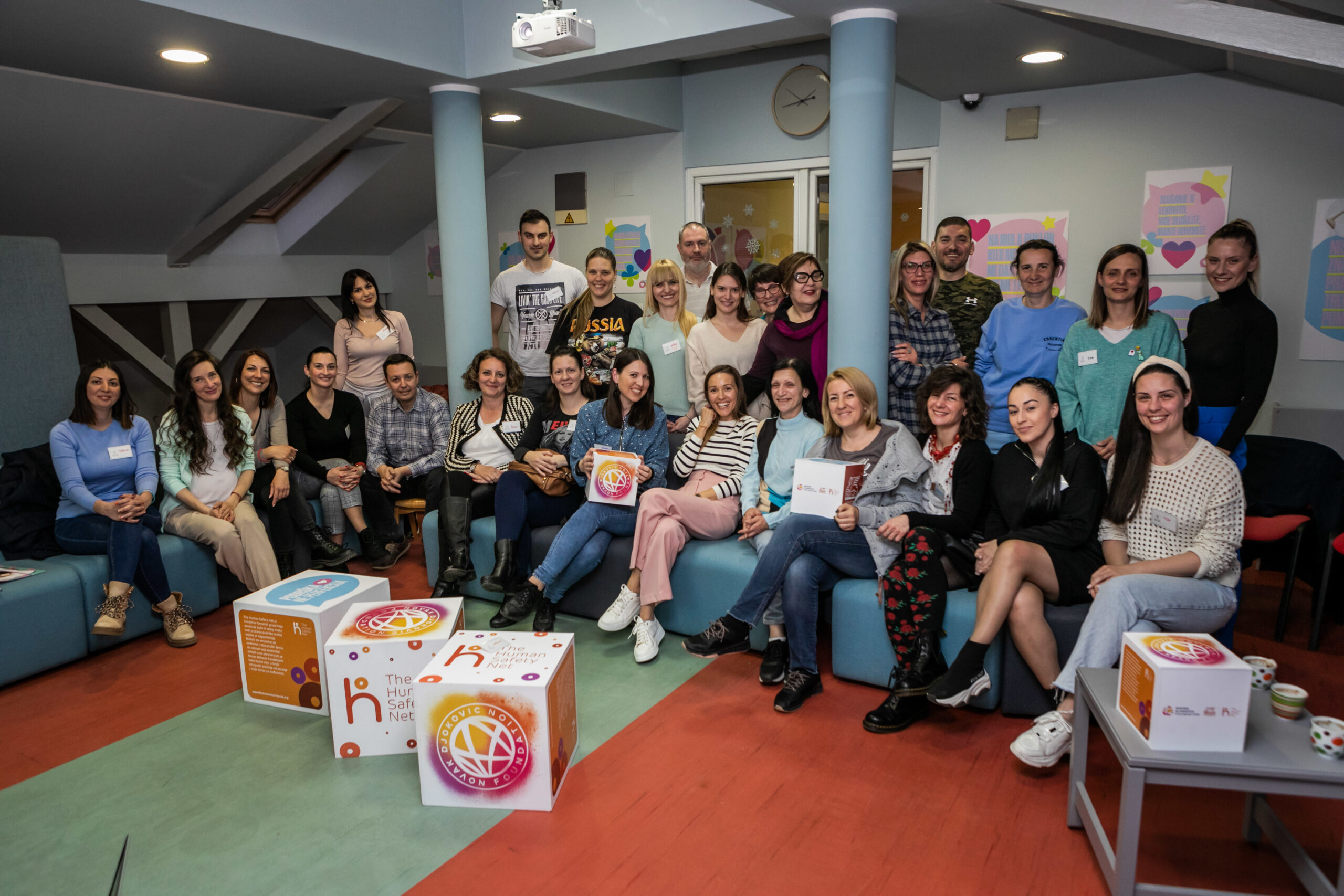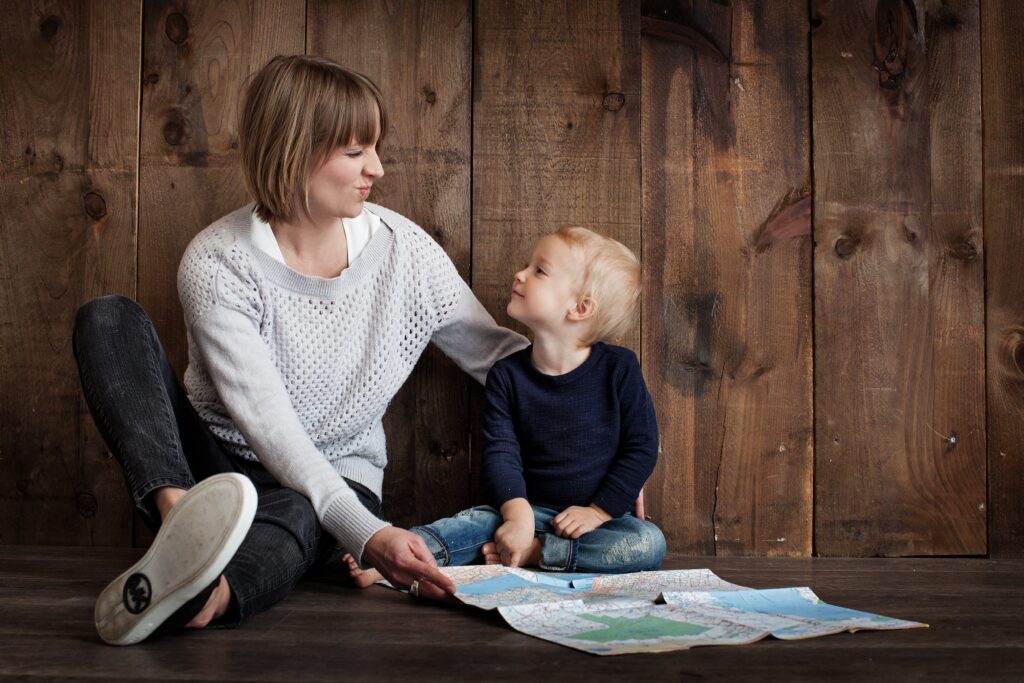Whilst this generation were born into a world of online communication, the complexities of social media can evade a generation to whom ‘online’ represents only the last two decades.
This only adds to a parent’s anxiety about their child’s online presence. But what impact are the social networking platforms your children use actually having on them, for the worse, but also for the better?
Whilst Facebook states that users must be at least 13 to set up an account, and Twitter more loosely states that its services are ‘not directed to persons under 13’, today’s parents are well aware that their children have an innate knowledge of social networking and may well be exposed to these sites under the suggested age limit. Though Twitter’s privacy policy states that “[if] we become aware that a child under 13 has provided us with personal information, we take steps to remove such information and terminate the child’s account”, the self-evident passivity of tone is hard to ignore. Twitter would have to be made aware of an underage online presence, and by this stage, any negative activity may have escalated. Whilst Twitter notes that ‘targeted abuse or harassment is […] a violation of the Twitter Rules and Terms of Service”, it is still a platform which is proud of its policy to ‘not mediate content or intervene in disputes between users’, and although this is not the time and place for an argument on the limits of free speech, it is arguably this freedom which provokes the cyber bullying of which we see examples almost daily in the press, from all over the globe. So what can be done to mediate social media presence, creating as positive environment as possible for your child?
Online – Offline World
 Twitter themselves suggest that we “keep a healthy life balance”; parents are role models for their children, thus they should demonstrate the importance of a balance between online and other activities by encouraging family activities offline as well as online. Obviously, balance is key in terms of avoiding reliance upon an online world, and children need to learn social skills outside of this online environment. For a child who undertakes a heavy amount of online activity, a world which may seem easy to turn off and ignore becomes the social scape on which they found their personality and relationships, so a parent should never undervalue their emphasis on relations in the offline world. Examples such as the tragic suicide of Hannah Smith last year, blamed on anonymous bullying she faced on popular teen site Ask.fm, make it clear how much self-worth can rely on a nameless, faceless online population.
Twitter themselves suggest that we “keep a healthy life balance”; parents are role models for their children, thus they should demonstrate the importance of a balance between online and other activities by encouraging family activities offline as well as online. Obviously, balance is key in terms of avoiding reliance upon an online world, and children need to learn social skills outside of this online environment. For a child who undertakes a heavy amount of online activity, a world which may seem easy to turn off and ignore becomes the social scape on which they found their personality and relationships, so a parent should never undervalue their emphasis on relations in the offline world. Examples such as the tragic suicide of Hannah Smith last year, blamed on anonymous bullying she faced on popular teen site Ask.fm, make it clear how much self-worth can rely on a nameless, faceless online population.
Cyber Bullying
The vast increase in the incidence of cyber bullying must be of concern to society. The impact that such activity has can be far-reaching. Although much is dependent on the medium used, online bullying can often leave a permanent record of the incident for others to see and the exposure of the comments or activity can reach a far wider audience than traditional bullying would ever have done. Indeed, the trident effect of online bullying – a wider audience, permanent record and increased prevalence – greatly multiplies the potential harm that can be caused by this behaviour.
Benefits of Social Media
Evidence suggests, however, that use of social media can in fact be very beneficial to a growing mind. Dr Jim Taylor of the University of San Francisco wrote a paper entitled The Bad, the Ugly, and the Good of Children’s Use of Social Media, in which he explores both positives and negatives. When we spoke to him for this article, he led us through his argument:
The question is not should your children have access to social media”, because they will. This is the world in which they are growing up. The more pertinent question is how social media can be used as a tool for their healthy development rather than as a weapon that harms their development.
This point, he highlights, is crucial. He does not shy away from the possible negative impact of social media, noting the correlation between social media overuse and many mental health problems including Histrionic and Antisocial Personality Disorders, Bipolar Disorder and Paranoid Personality Disorders, to name but a few.
He does note, however, that both ‘virtual’ and ‘real-world’ empathy is increased by social media stimulation, as well as encouraging technological advancement, and even stress mitigation in some cases.1 He told us that:
Social media can be beneficial to children by giving them additional ways to communicate, and build and maintain relationships. It is also a way they can satisfy their curiosity about other people.
As well as highlighting the technological skills children can develop, he also pointed out that ‘[children] can become addicted to social media and spend an unhealthy amount of time on it. An obsession with social media also has huge opportunity costs; time spent on social media is time not spent sleeping, eating, studying, exercising, and interacting directly with others.’
 No parent wants to deprive their child of the social and technological benefits that social media use can entail, but this intangible world can be difficult to understand and mediate if you aren’t a part of it. As with most parts of parenting, the answer is not straight-cut and simple. A good place to start, however, is moderation. ‘As with most things in life,’ Dr Taylor noted, ‘parents should set limits on the types and quantity of social their children use’. Though there is no cure-all, we have to imbue this situation with the importance it deserves, and foster an open and eager attitude when children have any queries or problems to discuss.
No parent wants to deprive their child of the social and technological benefits that social media use can entail, but this intangible world can be difficult to understand and mediate if you aren’t a part of it. As with most parts of parenting, the answer is not straight-cut and simple. A good place to start, however, is moderation. ‘As with most things in life,’ Dr Taylor noted, ‘parents should set limits on the types and quantity of social their children use’. Though there is no cure-all, we have to imbue this situation with the importance it deserves, and foster an open and eager attitude when children have any queries or problems to discuss.
David Cook is a solicitor specialising in cyber-crime at law firm Pannone and spoke to Dr Jim Taylor, Ph.D., author of Raising Generation Tech: Prepare Your Children for a Media-fueled World.
Photo credits
- Programmeren by Waag Society
- Dell Tablet and XPS Launch London by Dell’s Official Flickr Page
- Scratch workshop by Waag Society

